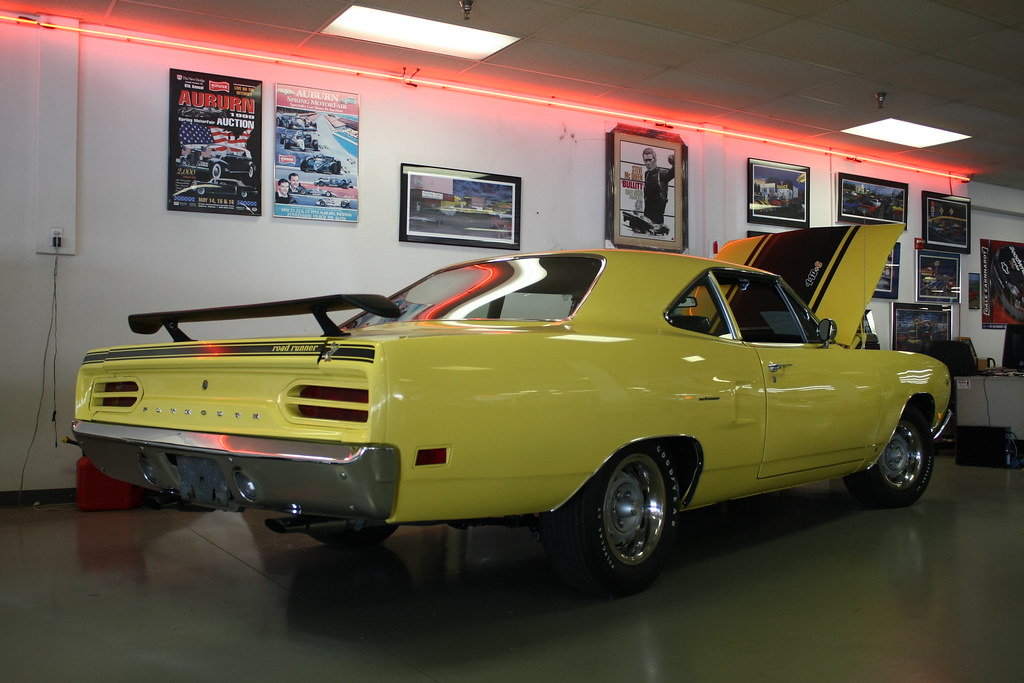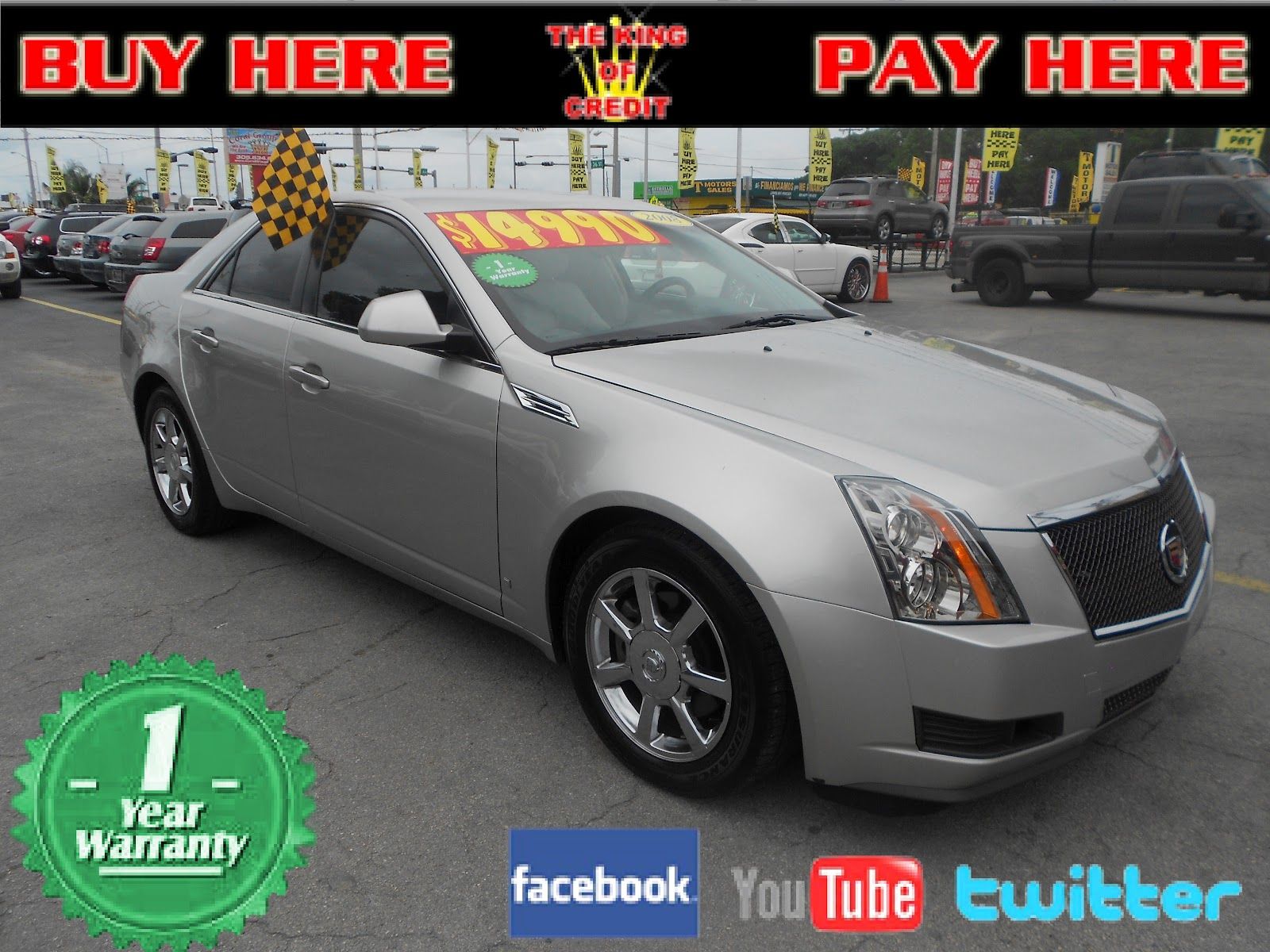
Having spent considerable time navigating the car market, I’ve gathered insights that have shaped my approach to buying used cars. In my experience, there are compelling reasons why I prefer to avoid purchasing from dealerships. From concerns about transparency and inflated pricing to the limitations in choices, these factors underscore the considerations every car buyer should weigh before making a decision.
Buying a used car can certainly be a smart financial choice, yet the specific location of your purchase holds significant sway over your overall experience and satisfaction. While many might instinctively turn to dealerships, there exist several compelling arguments to consider alternative avenues when you are in the market for a pre-owned vehicle. A thorough understanding of these reasons can empower you to make a more informed choice, potentially saving you both money and considerable hassle.
Although car dealerships are frequently perceived as secure environments for experienced car buyers—individuals adept at posing the right questions and identifying optimal features for the best deal—there are distinct factors that lead even seasoned experts to bypass dealerships for their used vehicle acquisitions. This comprehensive analysis aims to illuminate these critical concerns, offering a detailed guide for anyone contemplating the purchase of a used vehicle, ensuring they proceed with informed confidence.
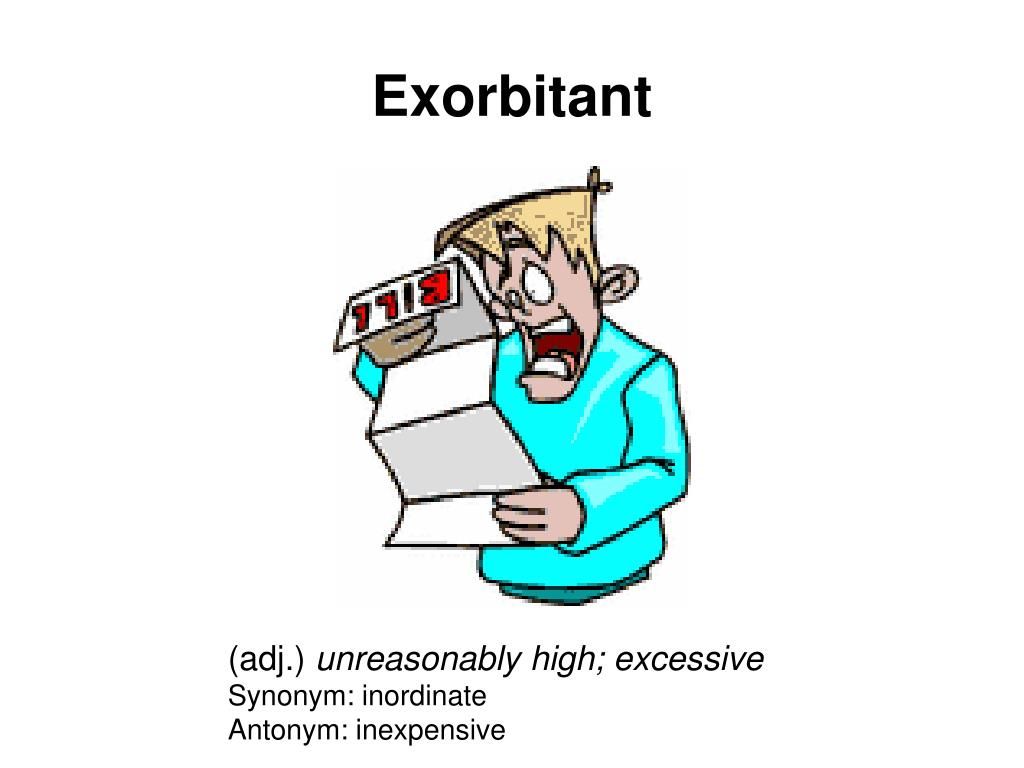
One of the most immediate financial drawbacks when considering a used car from a dealership stems from their pricing structure. Dealerships are widely known for applying substantial markups to the price of their used vehicles. This practice is fundamentally necessary to offset their significant operational costs, which encompass elements like sales commissions, extensive advertising campaigns, and the upkeep of their physical showrooms. Consequently, buyers frequently find themselves paying considerably more than a car’s actual market value, potentially resulting in an overpriced asset that may depreciate rapidly.
Furthermore, when finalizing a transaction at a dealership, prospective buyers must remain vigilant for the often-unforeseen addition of hidden fees, which can unexpectedly inflate the total purchase price. These charges can include documentation fees, specific dealer preparation fees, and various other miscellaneous costs. Such fees accumulate swiftly, dramatically increasing the vehicle’s total cost. Buyers often do not become aware of these additional expenses until they are in the final stages of completing the paperwork, leading to unwelcome surprises and making accurate budgeting a considerable challenge.
As Mark Beneke, co-owner of Westland Auto Sales, aptly noted, “The biggest reason to avoid a dealership comes down to them valuing price over anything else.” He elaborates that because dealerships operate as businesses, they must cover overhead costs and generate a profit to remain viable, which inevitably translates to higher prices for consumers. Unlike private sellers who typically lack these extensive overheads, dealerships embed these costs into their vehicle prices, meaning the buyer ultimately bears the burden of these additional operational expenses, rather than securing a genuinely competitive deal.
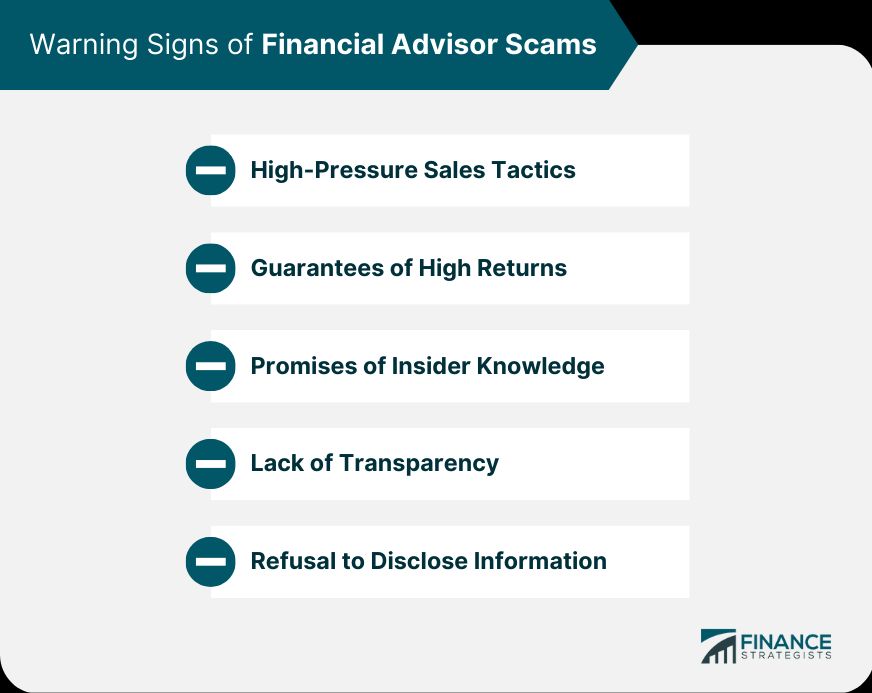
The environment within many dealerships is often characterized by high-pressure sales tactics, meticulously designed to expedite the sales process. Salespeople undergo specific training to finalize deals swiftly and efficiently, which can unfortunately transform the car buying experience into a stressful and uncomfortable ordeal for numerous individuals. Prospective buyers might feel unduly rushed into making a decision, without ample time to thoroughly evaluate all available options. This intense pressure often precipitates hasty choices, frequently leading to significant buyer’s remorse once the initial excitement has subsided.
Beyond the general pressure to close a sale, dealerships are notorious for employing aggressive upselling techniques. This involves actively promoting additional products such as extended warranties, gap insurance, and various service plans. While a select few of these supplementary products might offer genuine value under specific circumstances, many others are often overpriced or simply unnecessary for the average buyer. The relentless barrage of upsells can be overwhelming, adding substantial and often unwarranted costs to the core vehicle purchase. Buyers must therefore exercise considerable vigilance and discernment, carefully evaluating whether these additional products truly align with their needs.
As Paul Knoll, marketing director of American Muscle, highlighted, “If you’re considering a used car, you might want to skip the dealership to avoid higher prices, high-pressure sales tactics, and limited choices.” This underscores a critical concern: the sales team’s primary objective often diverges from the customer’s best interest. Their motivation is frequently tied to maximizing commission, potentially leading to biased advice and recommendations. This inherent conflict of interest can significantly erode trust between the buyer and seller, making it difficult for consumers to feel genuinely supported in their purchasing journey.
Read more about: Beyond the Boardroom: Exposing the ‘Legal’ Corporate Structures Behaving Like Organized Crime Syndicates
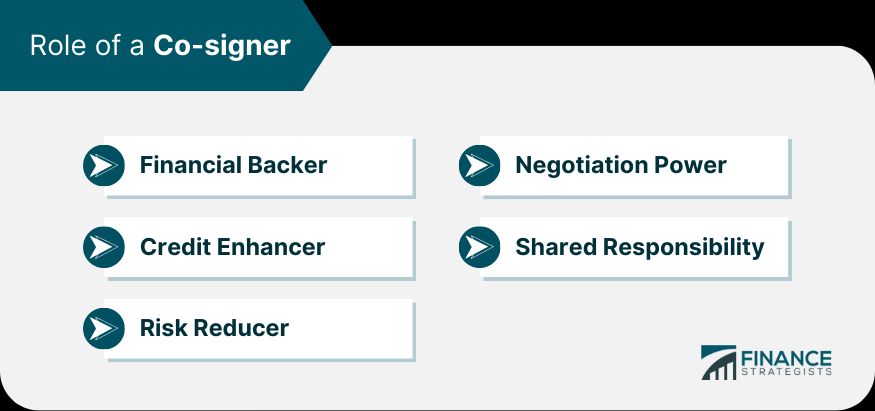
A common challenge encountered at dealerships is the often-restricted scope for price negotiation. Dealerships typically operate with a predetermined price structure for their vehicles, showing little willingness to deviate from these listed figures. This stands in stark contrast to private sellers, who generally demonstrate greater flexibility and openness to bargaining. The rigid adherence to set prices by dealerships can make it exceptionally difficult for buyers to secure a genuinely favorable deal or achieve a sense of satisfaction with their purchase.
This inflexibility in pricing directly impacts the buyer’s ability to exert bargaining power, which can prove both frustrating and discouraging. Unlike a direct interaction with a private seller, where personalized negotiation is often expected and welcomed, the dealership environment can feel unyielding. The process of negotiating with dealerships is often described as challenging and time-consuming, particularly for buyers who are not accustomed to such dynamics. Dealerships may hold firm on their prices, especially if they anticipate a high markup, leaving buyers feeling unable to align the purchase with their budget.
To navigate these negotiation challenges, it becomes imperative for buyers to undertake thorough preparation. This includes diligently researching the vehicle’s current market value and comparing it with similar listings across various platforms. Being prepared to disengage from the deal if the terms are not favorable is also a crucial strategy. This willingness to walk away can serve as a powerful leverage, signaling to the dealership that the buyer is serious about securing a fair price and is not easily swayed by inflexible demands, ultimately fostering a more balanced negotiation dynamic.
Read more about: Don’t Buy a Car Without Asking Your Dealer 18 Questions

While dealerships frequently assert that they conduct comprehensive inspections and offer certified used cars, the reality is that this is not consistently the case. Some dealerships may attempt to sell vehicles with hidden issues or histories that are not fully transparent. Even when a Carfax report is provided, there remains a possibility of undisclosed problems that may not surface until after the purchase, presenting unexpected and costly repairs down the line. Therefore, relying solely on the dealership’s assurances regarding a vehicle’s condition can be a substantial risk.
Furthermore, the quality of used vehicles available at dealerships can exhibit considerable variability, even among those designated as certified pre-owned. While certain cars may indeed be in excellent condition, others could harbor underlying issues or mechanical problems that are not immediately discernible during a superficial inspection. This inconsistency in quality necessitates an elevated level of caution from buyers, compelling them to conduct thorough due diligence before committing to a purchase. Placing complete trust in the dealership’s certification alone can prove misleading and lead to significant post-purchase complications.
A proactive approach is paramount to mitigating these risks. It is essential for any serious buyer to arrange for a trusted, independent mechanic to perform a comprehensive pre-purchase inspection. This meticulous examination, conducted by an unbiased third party, can effectively identify any potential maintenance concerns or hidden mechanical problems that may have been overlooked—or intentionally downplayed—by the dealership. This crucial step can ultimately save the buyer from unexpected and potentially significant repair costs in the future, providing genuine peace of mind.

Engaging in the car buying process at a dealership can often feel notably impersonal and overtly transactional. Salespeople frequently manage multiple clients concurrently, which often precludes them from providing the kind of personalized attention and dedicated service that a private seller can typically offer. This inherent lack of individual connection can significantly detract from the overall enjoyment of the buying experience, making it feel more stressful and less about the customer’s unique needs.
In such an environment, buyers may understandably feel reduced to merely a transaction, rather than being valued as a unique customer seeking an important purchase. The sales interaction becomes focused primarily on moving inventory and meeting quotas, rather than fostering a genuine relationship built on trust and understanding. This detachment can create a sense of unease and a lack of confidence in the information being provided. The absence of a personal connection can make the entire process feel like a cold negotiation, rather than a collaborative effort to find the right vehicle.
This impersonal dynamic contrasts sharply with the potential for more direct and transparent communication often found with private sellers. A private seller typically has a deeper personal connection to the vehicle and can provide more nuanced insights into its history and quirks. This direct engagement fosters a more comfortable and trustworthy interaction, where the buyer feels their specific questions and concerns are genuinely addressed, rather than being part of a standardized, high-volume sales operation.

Dealerships inherently operate with a finite inventory of used cars, which can significantly constrain a buyer’s options. This limitation often means that prospective buyers may struggle to locate the precise make, model, or specific features they are actively seeking. The consequence of this restricted selection is often a necessity for compromise on vital attributes such as the car’s color, its mileage, or even its overall condition. Many buyers find themselves having to settle for a vehicle that doesn’t fully align with their exact needs or personal preferences.
This limited choice directly restricts your potential options, especially if you possess a clear vision of the specific vehicle you intend to acquire. You might discover yourself in a position where you must concede on certain desired characteristics or ultimately accept a car that does not entirely fulfill your criteria. Paul Knoll specifically noted that avoiding dealerships can help you bypass “limited choices.” This is a pertinent observation given the breadth of the market outside of traditional dealerships.
In stark contrast to the confined offerings of a dealership, exploring multiple avenues for used cars, such as online marketplaces or private sellers, can substantially enhance your prospects of finding the ideal vehicle that perfectly matches your requirements and budget. The time-consuming and often frustrating process of visiting numerous dealerships in search of a suitable option highlights the practical limitations of relying solely on their inventories, making broader exploration a more efficient and rewarding strategy.
Read more about: Beyond the Headlines: The Profound Influence of Baby Boomers on Today’s US Housing Market
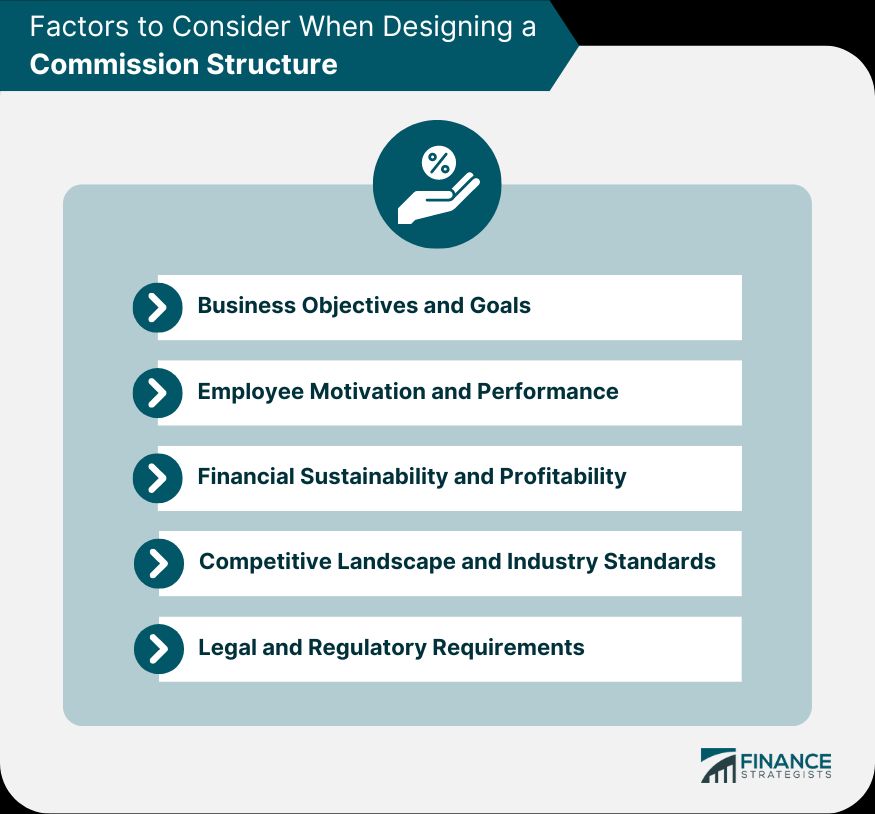
The fundamental motivation guiding dealership salespeople is frequently centered on maximizing their personal commission earnings, often taking precedence over ensuring genuine customer satisfaction. This inherent focus can lead to the provision of biased advice and recommendations, which may not genuinely serve the buyer’s best interests. Instead of offering objective guidance, salespeople might instead actively promote the sale of higher-priced vehicles or push unnecessary add-ons, solely to boost their own earnings.
This intrinsic conflict of interest has the potential to seriously undermine the crucial trust between the buyer and the seller, making it difficult for the consumer to feel confident in the information and suggestions being offered. As an expert, I recognize that navigating this dynamic requires a heightened level of awareness from the buyer, as the advice received may be commercially driven rather than purely advisory. This situation is particularly challenging when buyers are already overwhelmed by the numerous options available.
Ultimately, a salesperson’s drive to increase their commission can manifest in pushing vehicles or services that a buyer neither needs nor desires, simply because they yield a greater profit for the dealership or a larger commission for the individual. This can result in buyers incurring unnecessary expenses or acquiring a vehicle that is not truly the best fit for their long-term needs, reinforcing the importance of independent research and a cautious approach when engaging with dealership sales teams.”
As an expert who has navigated the complexities of the automotive market for years, my experiences consistently point away from dealership used car purchases, even beyond the common pitfalls we’ve already explored. The nuances of financing, post-sale support, and the sheer time investment required can transform what appears to be a convenient option into a source of considerable frustration and financial disadvantage. Understanding these additional drawbacks is crucial for any buyer aiming to make a truly informed decision, one that prioritizes their long-term satisfaction and financial well-being.
Let’s continue our in-depth examination of the remaining reasons why steering clear of dealership used cars is often the more prudent path, empowering you with knowledge that directly addresses consumer needs and concerns.
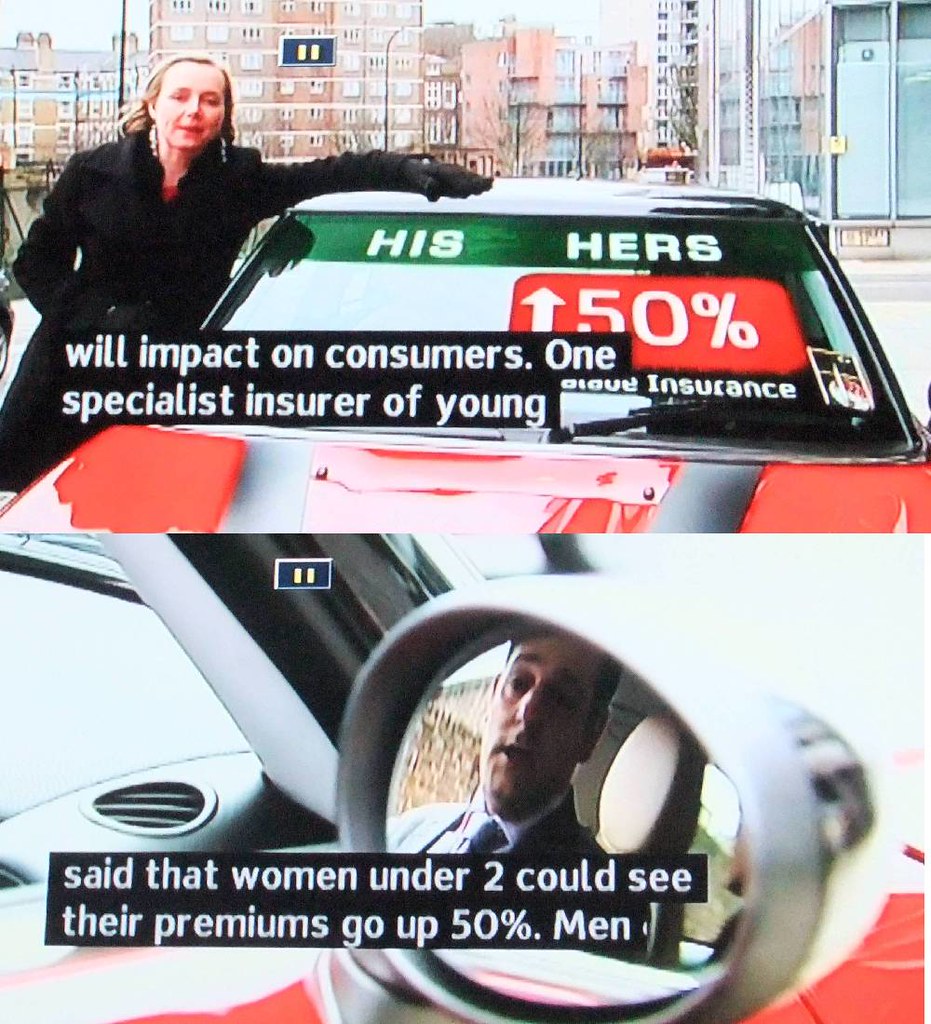
One of the significant areas where dealerships can present a disadvantage to used car buyers lies in their financing offerings. While convenient, the financing options promoted by dealerships are often less favorable than those available through independent lenders like banks or credit unions. It’s not uncommon for dealerships to offer higher interest rates and less flexible terms, potentially inflating the total cost of your vehicle considerably over the loan’s duration. This can often negate any perceived upfront savings on the car itself.
Furthermore, there’s an inherent pressure buyers might feel to utilize the dealership’s financing services. This pressure is often subtle, framing it as a way to streamline and expedite the buying process. However, this convenience can come at a steep price. Buyers, particularly those who haven’t secured pre-approved financing, may find themselves accepting less competitive rates due simply to a desire to conclude the transaction. This highlights the importance of thorough financial research before stepping foot into a dealership.
To counter these financing pitfalls, prospective buyers should always explore independent financing options prior to visiting a dealership. Securing a pre-approved loan from a bank or credit union empowers you with a clear budget and a competitive interest rate. This not only provides a benchmark against which to compare dealership offers but also removes the pressure to accept potentially subpar terms, ensuring you retain control over one of the most significant aspects of your car purchase.
Read more about: Navigating the Automotive Landscape: Your Essential Guide to the Best and Worst Cars for Your Money
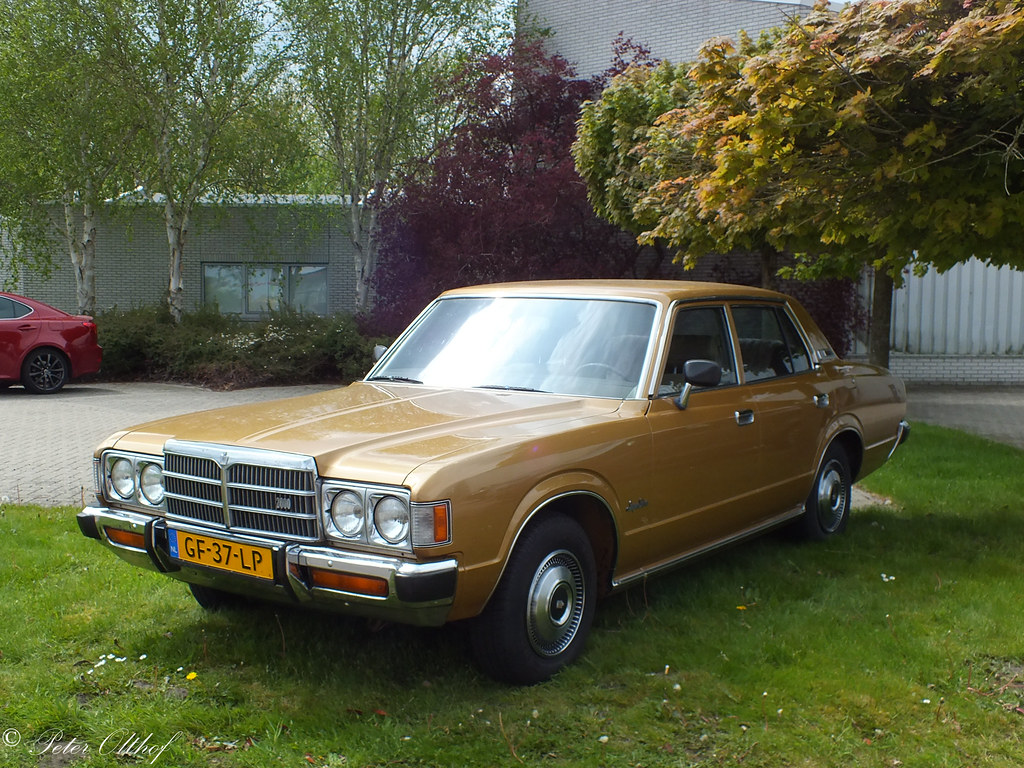
When acquiring a used car from a dealership, buyers often discover that the warranty coverage provided is considerably more limited than what accompanies a new vehicle. These warranties, when offered, may only extend basic protection against a select few defects or specific issues, leaving many critical components of the car uncovered. This disparity means that the peace of mind associated with a comprehensive manufacturer’s warranty on a new car is largely absent, exposing buyers to greater financial risk.
The absence of robust warranty protection is a significant concern, as it shifts the burden of unexpected repairs entirely onto the buyer, often immediately after the purchase. Unlike new cars that typically come with generous bumper-to-bumper coverage, used car warranties might exclude major systems like the engine or transmission, or they may have very restrictive terms regarding what qualifies for a claim. This can transform a seemingly good deal into a costly liability if significant mechanical problems emerge.
Therefore, it is crucial for buyers to meticulously review the specific details of any warranty offered by the dealership. Understanding precisely what is and isn’t covered, the duration of the coverage, and any deductibles or conditions is paramount. In many instances, buyers might need to consider purchasing extended coverage independently if they desire more comprehensive protection against the inevitable wear and tear or unexpected issues that can arise with a pre-owned vehicle, a cost that further adds to the overall expense.
Read more about: Is Your Car a ‘Reliability King’? 15 Vehicles That Last for 200000 Miles or More
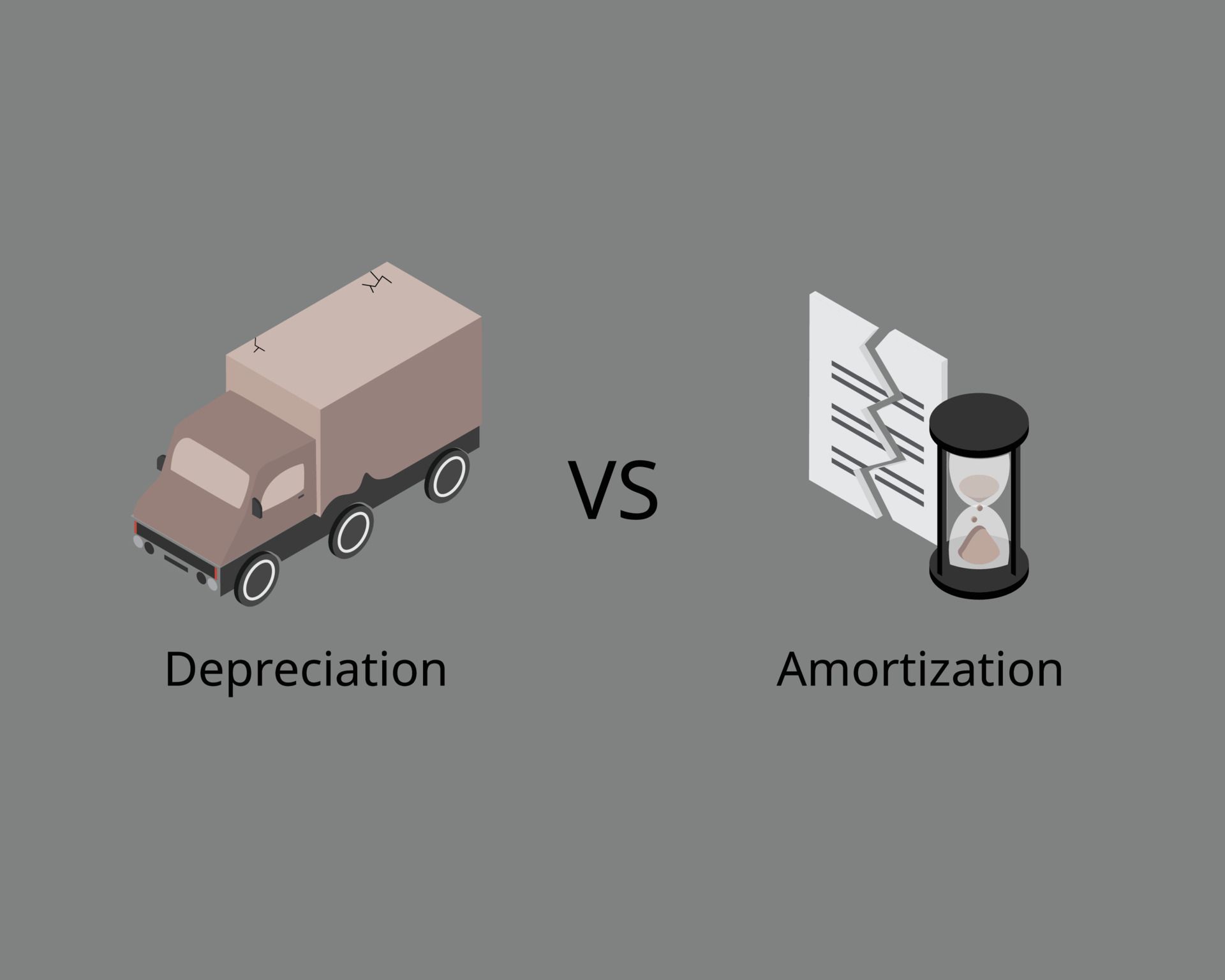
Used cars, particularly those acquired from dealerships, often experience faster rates of depreciation compared to new cars or vehicles purchased through private sales. This accelerated decline in value can significantly erode the long-term investment you’ve made in your vehicle. Dealerships typically sell used cars at prices that are already near their depreciated value, but the moment you drive it off the lot, that value continues to decline, sometimes more rapidly than anticipated.
The impact of this rapid depreciation is a critical financial consideration for any used car buyer. If your intention is to sell or trade in the vehicle in the future, you may find yourself facing a more substantial financial loss than initially expected. This is because the market value continues its downward trend, meaning the return on your investment, should you decide to upgrade or divest, could be disappointingly low. It’s a financial reality that often goes unhighlighted during the sales process.
Understanding these depreciation dynamics is essential for a realistic assessment of the true cost of ownership. While buying used can initially save on the sharpest depreciation hit that new cars take, purchasing from a dealership, with their inherent markups, can mean you’re still overpaying for an asset that will continue to lose value. Buyers should always factor in these long-term financial implications when weighing a used car purchase from a dealership against other avenues or even a new vehicle in specific scenarios.
Read more about: The True Cost of Electric Vehicles: An Unbiased Look at Long-Term Savings and Hidden Expenses

The act of buying a car from a dealership is frequently characterized by a lengthy and often arduous process. From the moment you step onto the lot, you can anticipate spending considerable time browsing the available inventory, engaging in protracted price negotiations, and then dedicating even more hours to completing the extensive paperwork. This entire ordeal can easily stretch over several hours in a single visit, or in many cases, necessitate multiple trips to the dealership, transforming it into a significantly time-consuming endeavor.
For individuals with demanding schedules or limited free time, this extended process can be a substantial inconvenience and a source of considerable frustration. The traditional dealership model is not always designed for efficiency from the buyer’s perspective; rather, it’s structured to maximize interaction time, allowing salespeople ample opportunity to influence decisions and upsell. This protracted engagement can deter busy consumers who value their time and seek a more streamlined purchasing experience.
In stark contrast, transactions with private sellers or through certain online marketplaces can often prove to be far more efficient and less burdensome. These alternative avenues frequently offer a quicker and more direct path to acquiring a vehicle, minimizing the hours spent on negotiation and paperwork. For those prioritizing convenience and a respectful use of their valuable time, the often drawn-out nature of dealership visits presents a compelling reason to explore other options for their used car purchase.
Read more about: Understanding Womanhood: A Deep Dive into Biology, Identity, and Societal Evolution

Another significant financial disadvantage often encountered at dealerships relates to their trade-in offers for your current vehicle. Dealerships typically provide lower trade-in values compared to what you could potentially achieve by selling your car privately. Their business model is fundamentally structured around buying low and selling high across all aspects of their operations, including acquiring used vehicles for their own inventory. This strategy directly impacts the value they are willing to assign to your trade-in.
The objective for dealerships in offering reduced trade-in values is clear: to maximize their profit margins on both ends of the transaction – the sale of their used car and the subsequent resale of your trade-in. This means that as a customer, you are effectively subsidizing their profit model, potentially missing out on hundreds or even thousands of dollars that could have been reinvested into your new purchase. It’s a subtle but impactful way that dealerships reduce your overall buying power.
For those looking to optimize their budget for a new purchase, selling your current car privately often yields a much higher return. While this route may require a bit more effort on your part – such as advertising, showing the car, and handling paperwork – the financial benefit of securing a higher price for your old vehicle can be substantial. This makes direct private sales a more attractive option for many discerning buyers who wish to avoid the inherent markdown of dealership trade-in values.
Read more about: New Cars Selling Below Sticker Price: How Buyers Can Save Now
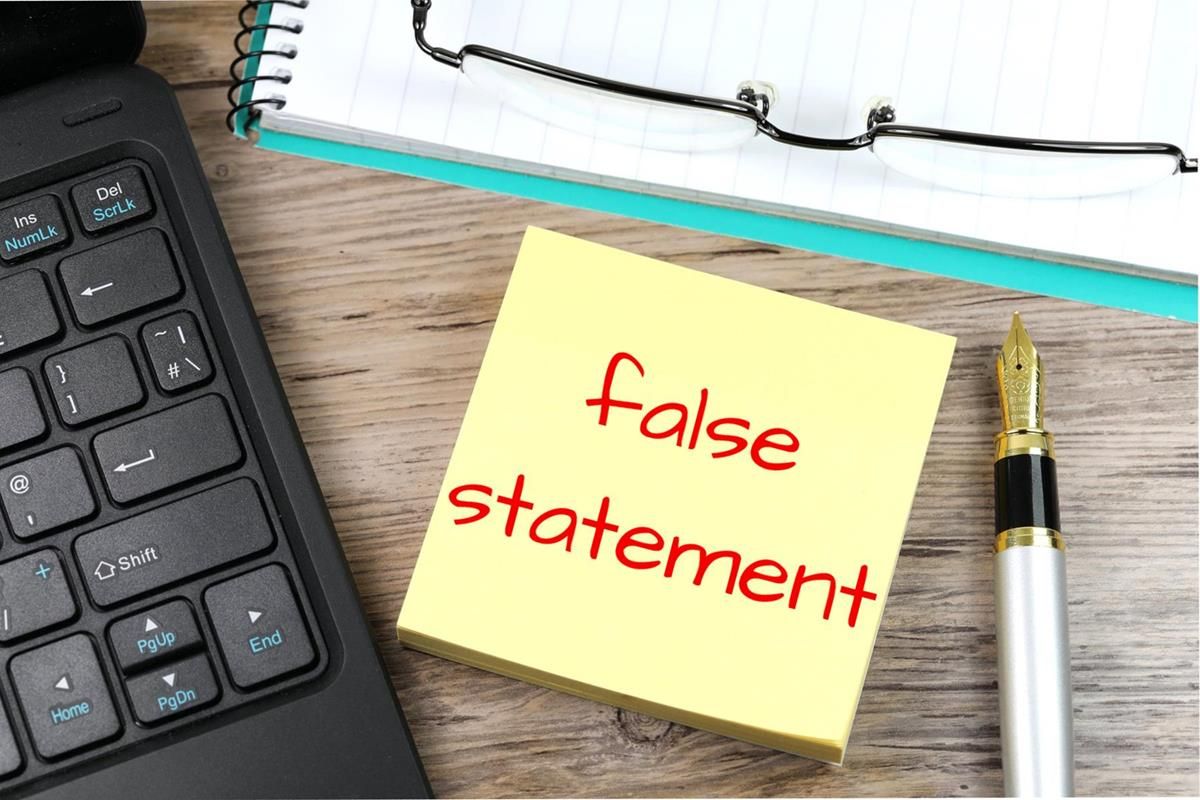
When engaging with dealerships, there is always an inherent risk of encountering misleading information regarding a used car’s history, its actual condition, or even its true market value. Salespeople, driven by sales targets and commissions, may sometimes downplay existing negatives or highlight positives disproportionately to expedite a sale. This lack of complete transparency can significantly hinder a buyer’s ability to make a truly informed and judicious purchase decision.
This concern extends beyond simple omissions; it can involve actively misrepresenting the vehicle’s past. While Carfax reports are often provided, these documents are not always exhaustive, and certain problems might go undisclosed or unrecorded, only to manifest after the sale. Such a scenario leaves buyers vulnerable to unexpected and costly repairs, stemming directly from an incomplete understanding of the vehicle’s true state. The trust element, crucial in any major purchase, can be severely compromised here.
To safeguard against potentially misleading information, proactive and independent research is paramount. Buyers should always conduct their own thorough investigation into the vehicle’s history, not solely relying on dealership-provided reports. Furthermore, obtaining a second opinion through a pre-purchase inspection by an independent, trusted mechanic is an invaluable step. This unbiased assessment can uncover any discrepancies or hidden issues, ensuring the buyer is equipped with accurate information before committing to the purchase.
Read more about: A Disquieting Turn: Unpacking the Authoritarian Trajectory of the Trump Administrations
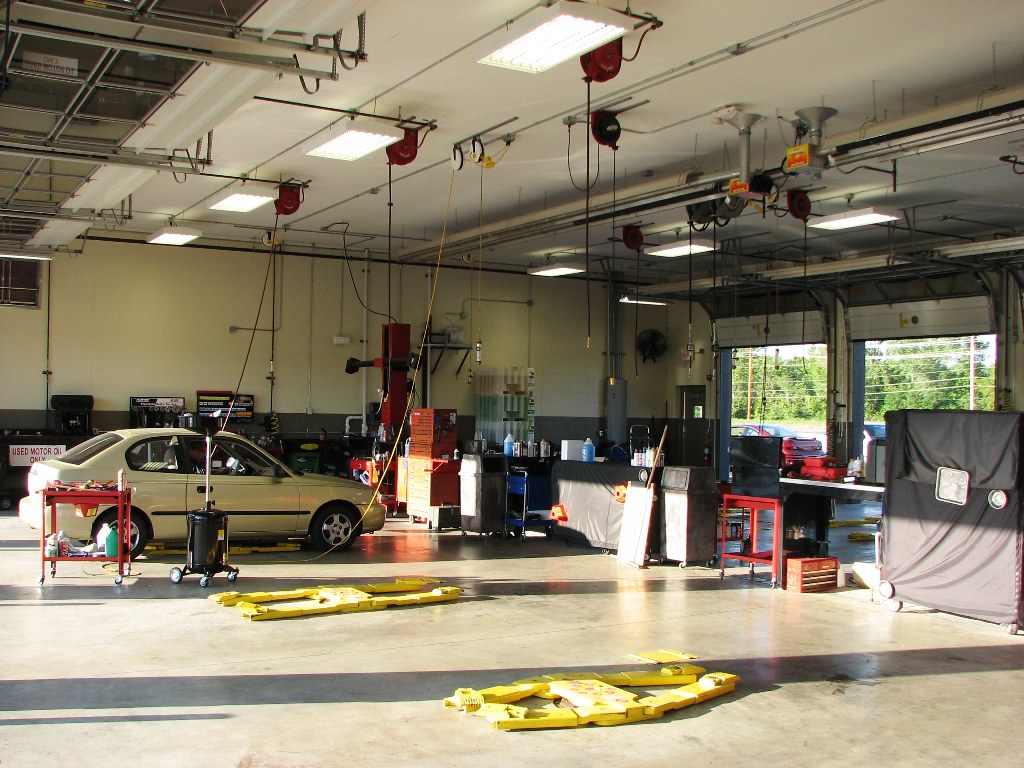
A common point of frustration for many used car buyers from dealerships revolves around the level of customer service received once the sale has been finalized. It is not uncommon for the attentive and eager service experienced during the sales process to decline significantly after the paperwork is signed and the vehicle driven off the lot. Buyers might find themselves facing difficulties when attempting to resolve issues or secure satisfactory support post-purchase, especially if problems with the vehicle arise shortly after acquisition.
This shift in customer care can be particularly exasperating when a newly purchased used car develops unexpected problems. The enthusiastic sales team that was so readily available before the sale may become elusive, leaving the buyer feeling unsupported and unvalued. This lack of ongoing assistance underscores a transactional approach to customer relationships, where the primary focus is on closing the deal rather than fostering long-term satisfaction or addressing legitimate post-sale concerns.
In contrast to this, private sellers, while not always offering a formal support structure, can sometimes provide more honest and straightforward post-sale interactions due to a more direct, personal connection to the vehicle and its history. For dealership buyers, this potential decline in service highlights the importance of scrutinizing a dealership’s reputation for post-sale support before committing. Choosing a dealership with consistently positive reviews for their ongoing customer care can mitigate some of this risk, though it remains a persistent concern in the used car market.
Read more about: Minister Tells Stellantis Boss of ‘Serious Concerns’ Over Citroen Recall Fallout: A Deep Dive into the Crisis and Customer Impact
While the allure of a wide selection and perceived security might draw many to used car dealerships, a deeper look reveals a landscape fraught with potential financial pitfalls and transactional frustrations. From the hidden costs of complex financing and inadequate warranty protections to the drawn-out buying process and disappointing post-sale service, the reasons to exercise extreme caution — or indeed, to explore alternative avenues altogether — are abundant. As a car expert, I believe empowering buyers with this comprehensive understanding is key to making a truly smart, satisfying, and financially sound used car purchase. Always remember: thorough preparation, independent research, and a willingness to walk away are your most powerful tools.



